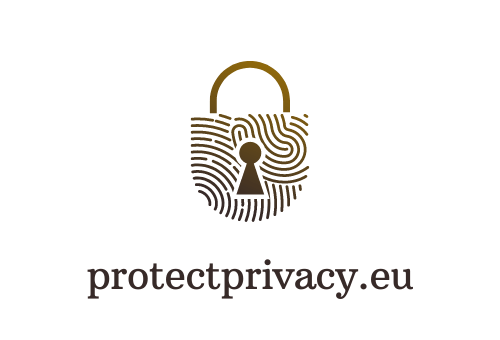Online Privacy Rights: Comparing Regulations Across the Globe

In the era of ubiquitous internet, online privacy is a concern of paramount importance. With digital transactions and communications becoming the norm, individuals’ privacy in cyberspace has been subjected to constant threats and infringements. The regulatory landscape for online privacy varies significantly across the globe. This article explores these differences, providing an in-depth analysis of the laws and regulations pertaining to online privacy in various countries.
GDPR: The Gold Standard in Europe
The European Union has set a benchmark in the protection of online privacy with the General Data Protection Regulation (GDPR). The GDPR, in effect since May 2018, aims to safeguard the privacy rights of EU citizens. It enforces the principles of data minimization, purpose limitation, and consent, among others. Organizations handling personal data are required to adhere to these regulations or face hefty fines, even if they are not based in the EU. GDPR has prompted countries worldwide to reevaluate their online privacy laws.
United States: A Fragmented Landscape
The U.S. lacks a comprehensive federal-level law similar to the GDPR. Instead, it relies on a sector-specific approach where different regulations apply to different industries, such as the Health Insurance Portability and Accountability Act (HIPAA) for healthcare and the Children’s Online Privacy Protection Act (COPPA) for children’s data. However, on a state level, there are notable efforts like the California Consumer Privacy Act (CCPA), which provides California residents the right to know how their data is being used, the right to delete their data, and the right to opt out of the sale of their personal information.
Asia-Pacific: A Varied Approach
In the Asia-Pacific region, countries exhibit a wide variety of approaches to online privacy. Japan, for instance, upholds strict data protection laws closely aligned with the GDPR. Its Act on the Protection of Personal Information (APPI) regulates the use and handling of personal data.
China, on the other hand, historically had less stringent laws, but recent developments such as the Personal Information Protection Law (PIPL), which came into effect in 2021, signal China’s growing emphasis on personal data protection, mirroring certain aspects of the GDPR.
Australia’s Privacy Act mandates businesses to manage personal data responsibly, offering a complaint mechanism for consumers through the Office of the Australian Information Commissioner.

Concluding Thoughts
As the world continues to grapple with privacy concerns in an increasingly digital era, the adoption and enforcement of robust data protection laws will become more critical. While the GDPR has set an impressive standard for others to follow, it is crucial for countries to contextualize their regulations to cater to their specific societal, cultural, and legal nuances.
While online privacy rights are gaining recognition worldwide, discrepancies remain in the scope and enforcement of these laws. The future of online privacy lies in balancing the benefits of digitalization with the rights and freedoms of individuals, which will necessitate international cooperation, standardized regulations, and continuous vigilance.







